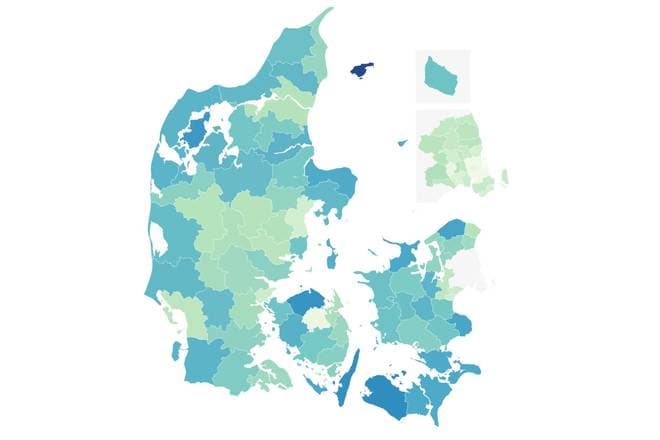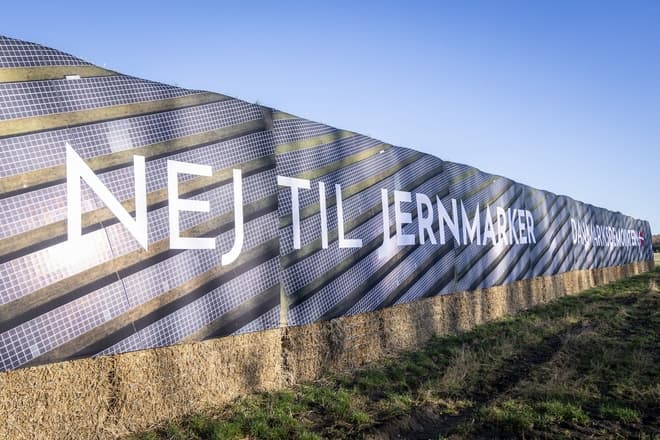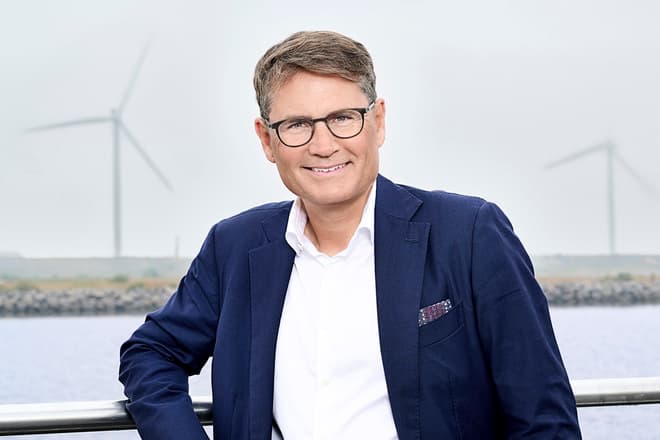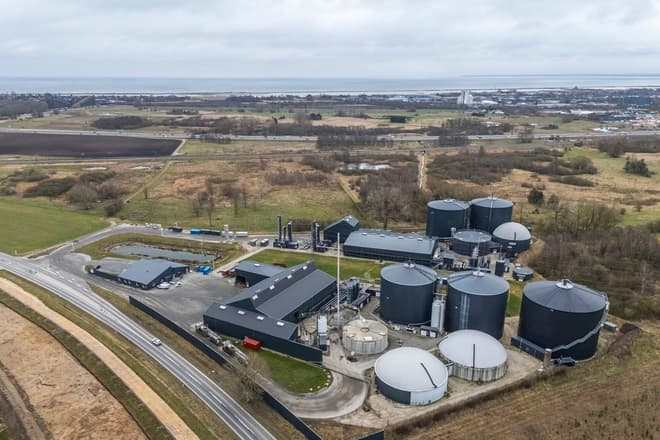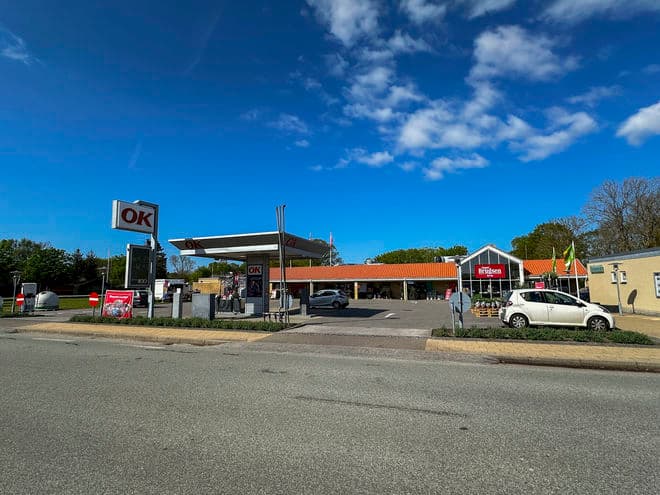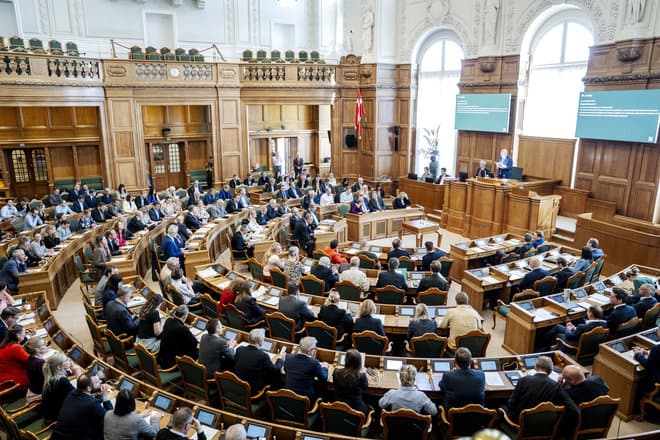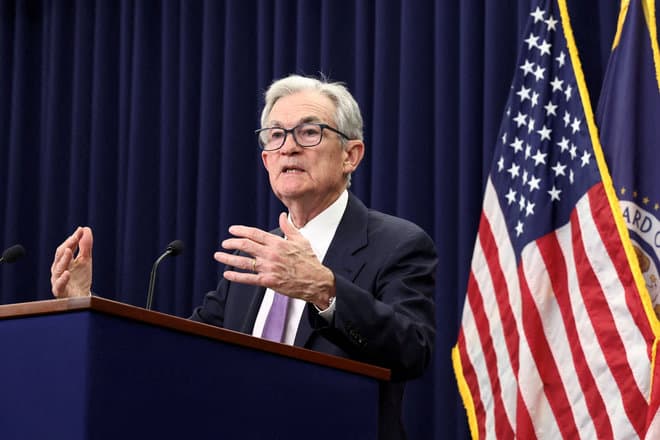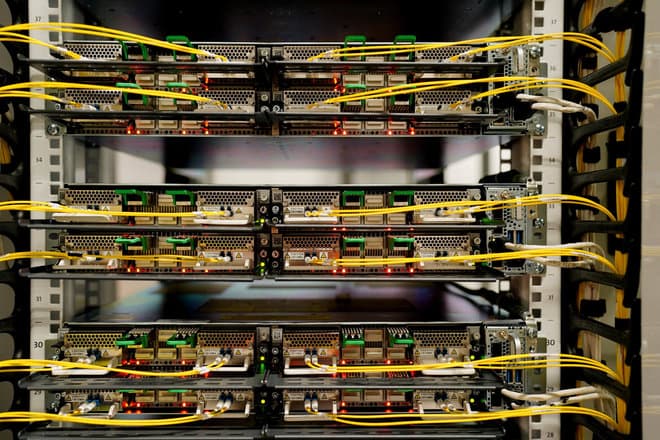
The discussion about nuclear power or not has flared up in Denmark. If you ask the Danish population, two out of five - 40.7 percent - agree or strongly agree that nuclear power should be introduced in Denmark. This is shown by a survey conducted by the research institute Voxmeter for Ritzau.
25.8 percent are against, while 22.7 percent say they neither agree nor disagree. 10.8 percent answer "don't know". The survey was conducted between May 4 and 9 among 1,014 people over the age of 18.
The political discussion about nuclear power is primarily about whether a 40-year-old ban on nuclear power in Danish energy planning should be relaxed.
Now all the bourgeois parties as well as the Moderates and the Alternative support nuclear power in one form or another. A united blue opposition has called for a debate on whether to lift the ban. And on May 6, the Social Democrats announced that they would investigate the possibilities and consequences of nuclear power in Denmark.
Voters follow the parties' change of course
Troels Fage Hedegaard, an associate professor of political science at Aalborg University, where he conducts research into attitudes towards green transition, sees this as an expression of some voters following the parties' change of course.
- It is a somewhat technical subject that we do not have great and deep knowledge about, so when major parties do not flatly reject it, it may open the way for more people to follow the parties and therefore become more positive towards nuclear power, he says.
The survey also shows that 57.8 percent believe that the possibility of introducing nuclear power in Denmark in the long term should be investigated.
Troels Fage Hedegaard sees this as a sign that fewer people are stuck in an ideological rejection of nuclear power. In addition, both the climate crisis and high energy prices play a role in the view of nuclear power as a possible energy source, it says.
The statement that Denmark should invest more in wind and solar energy instead of nuclear power is agreed or strongly agreed with by 48.3 percent. 18.3 percent disagree or strongly disagree, while 28.5 percent neither agree nor disagree.
According to Troels Fage Hedegaard, this shows "a kind of cat's eye".
- If you ask people to prioritize the two things against each other, most will say that we should probably stick to solar and wind and then see nuclear power as a supplement more than an alternative. The question is then whether it is technically possible.
Opposition to nuclear power grew particularly in 1986 with the Chernobyl disaster in the then Soviet Union. 42.4 percent declare in the Voxmeter survey that they are concerned about whether nuclear power entails too great a risk of environmental disasters. 34.2 percent are not concerned, while 17.5 percent neither agree nor disagree.
/ritzau/
Text, graphics, images, sound, and other content on this website are protected under copyright law. DK Medier reserves all rights to the content, including the right to exploit the content for the purpose of text and data mining, cf. Section 11b of the Copyright Act and Article 4 of the DSM Directive.
Customers with IP agreements/major customer agreements may only share Danish Offshore Industry articles internally for the purpose of handling specific cases. Sharing in connection with specific cases refers to journaling, archiving, or similar uses.
Customers with a personal subscription/login may not share Danish Offshore Industry articles with individuals who do not themselves have a personal subscription to Danish Offshore Industry.
Any deviation from the above requires written consent from DK Medier.

